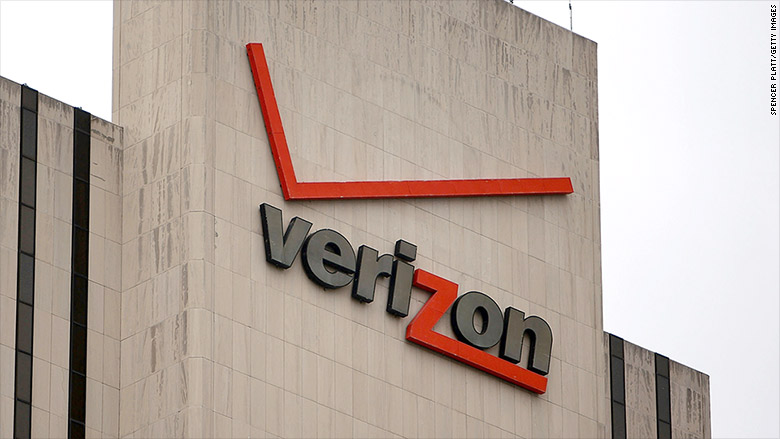The Securities and Exchange Board of India (Sebi) on Saturday eased regulatory compliance for alternative investment funds (AIFs) regarding dematerialisation, diluted its regulatory framework for index providers, and reduced the minimum issue size and application amount for social stock exchange.
Sebi’s board deferred any decision on easing the delisting framework and NRI investment norms.
In its board meeting held on Saturday, Sebi also softened the regulatory framework for index providers. The board had initially given an in-principle nod in its March meeting to bring index providers under regulatory oversight, considering the increased investments through the passive route.
Instead of bringing all index providers under regulatory scrutiny, Sebi will now mandate registration for those offering ‘significant indices’, defined as those with substantial assets under management. Sebi stated the exact threshold will be notified later.
Introducing a framework for Small and Medium Real Estate Investment Trusts (REITs), Sebi announced the migration of current fractional ownership platforms (FOPs) will be voluntary. The regulator had earlier proposed that such platforms could not operate without a Sebi registration. The new framework provides an option for FOPs to register as small and medium REITs.
The asset value for such REITs must be at least Rs 50 crore, compared to the Rs 500 crore required for larger REITs.
Aiming to align rules with the recent government decision for dematerialisation by public unlisted companies, Sebi stated that any fresh investment by AIFs beyond September 2024 must be held in dematerialised form only. However, grandfathering is provided on existing investments by AIFs, subject to certain conditions.
The market regulator has mandated the appointment of custodians for Category II and I AIFs with a corpus exceeding Rs 500 crore. Currently, only Category III AIFs are required to do so.
Sebi also approved reducing the issue size for non-profit organizations raising funds through Zero Coupon Zero Principal Instruments (ZCZP) from Rs 1 crore to Rs 50 lakh. Furthermore, the minimum application size has been reduced to Rs 10,000 from Rs 2 lakh to encourage broader retail investor participation.
Several companies have registered with the stock exchange for fundraising through SSEs. To simplify compliance, Sebi has replaced the ‘social audit’ requirement with a ‘social impact assessment’.
On reviewing the voluntary delisting mechanism, the Sebi chairperson Madhabi Puri Buch said that since the number of delisting attempts in the past few years have been few, the data set is extremely limited’. And hence, Sebi is unable to ‘draw significant conclusions’. It will review the framework after studying a larger data set, she said.
Buch emphasised the need for deeper data analysis before proceeding with delisting proposals.
Addressing the challenges around instantaneous settlement, Buch stated the mechanism would remain optional and parallel to the current framework. She indicated a March 2024 timeline for introducing settlement on T+0 (trade day). India shifted to a T+1 settlement cycle for all stocks in January this year. Buch asserted this move would not fragment liquidity or affect market players.
Additionally, the proposal to allow higher aggregate contributions from Non-resident Indians (NRIs) and Overseas Citizens of India (OCIs) investing in Foreign Portfolio Investors (FPIs) registered in the Gift City has been deferred for further discussion with other regulators, including the International Financial Services Centres Authority (IFSCA) and the Reserve Bank of India (RBI).
Note:- (Not all news on the site expresses the point of view of the site, but we transmit this news automatically and translate it through programmatic technology on the site and not from a human editor. The content is auto-generated from a syndicated feed.))



